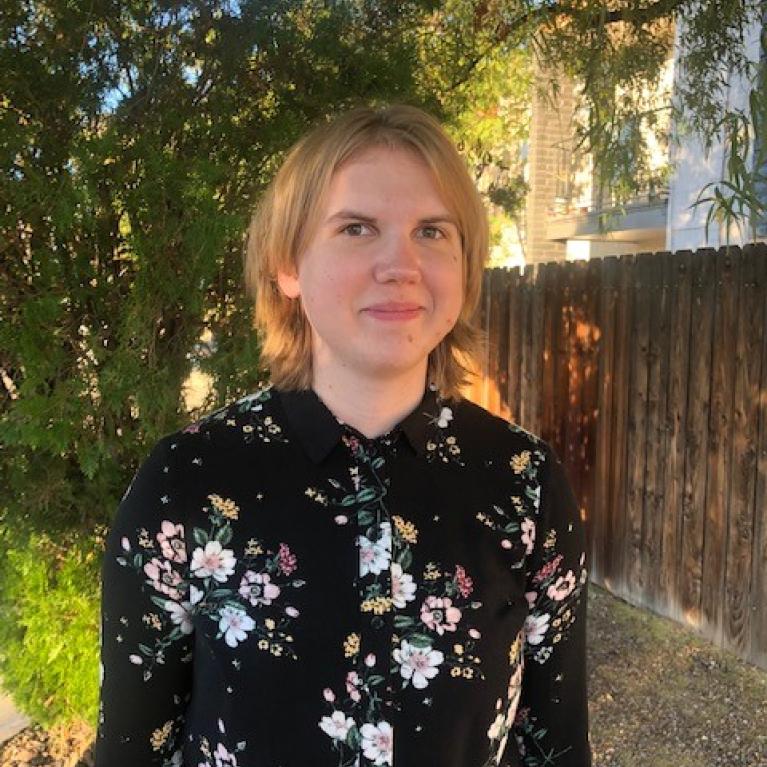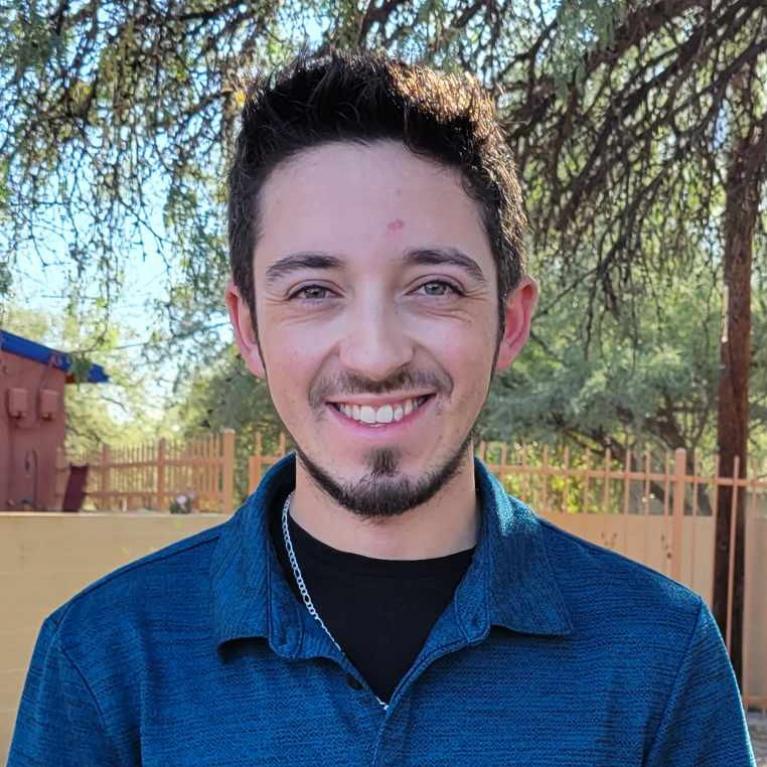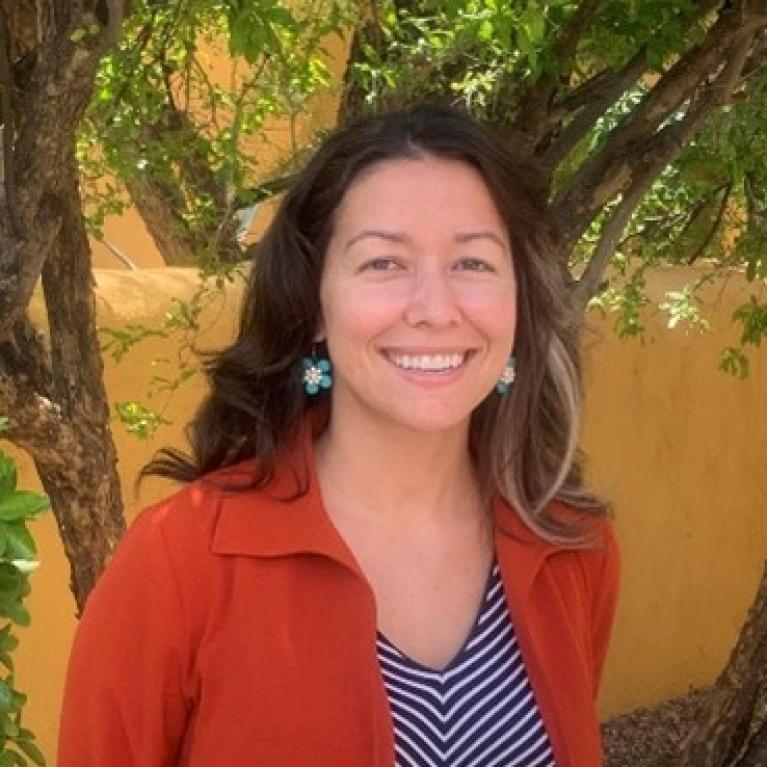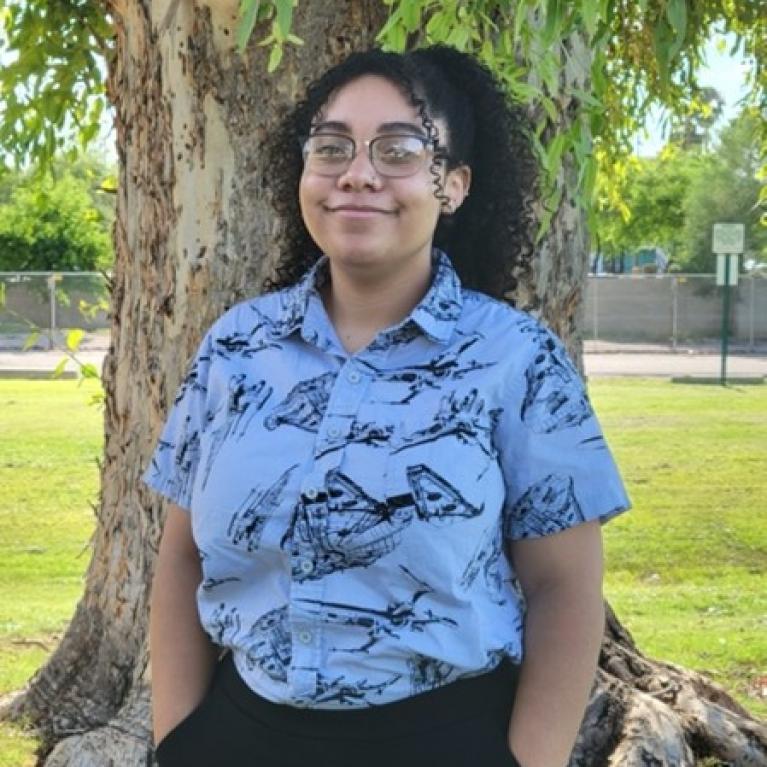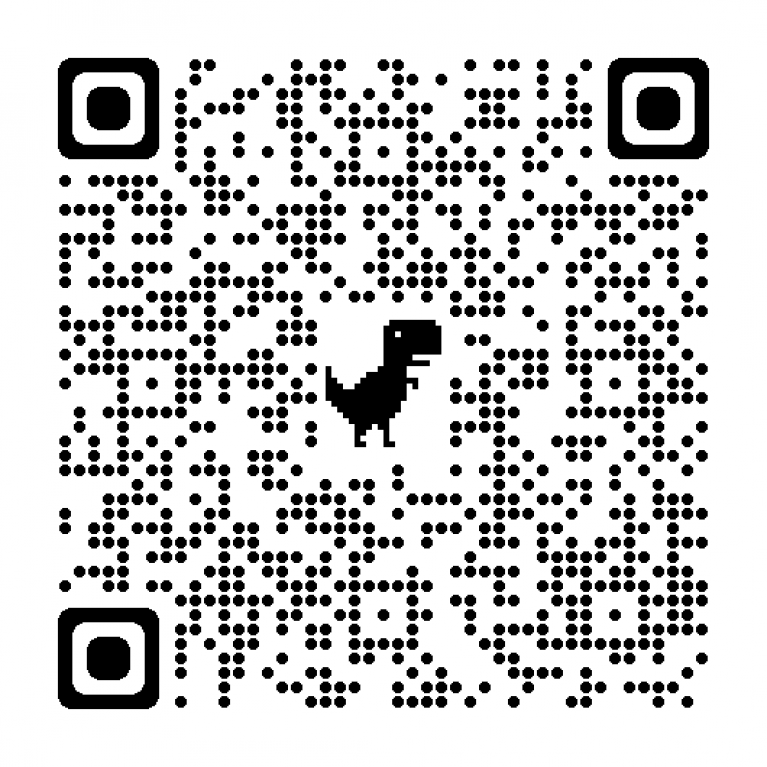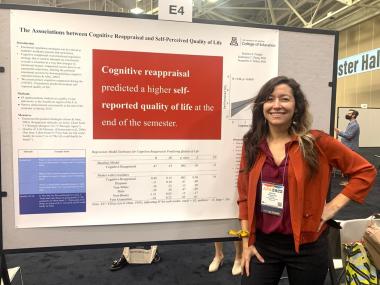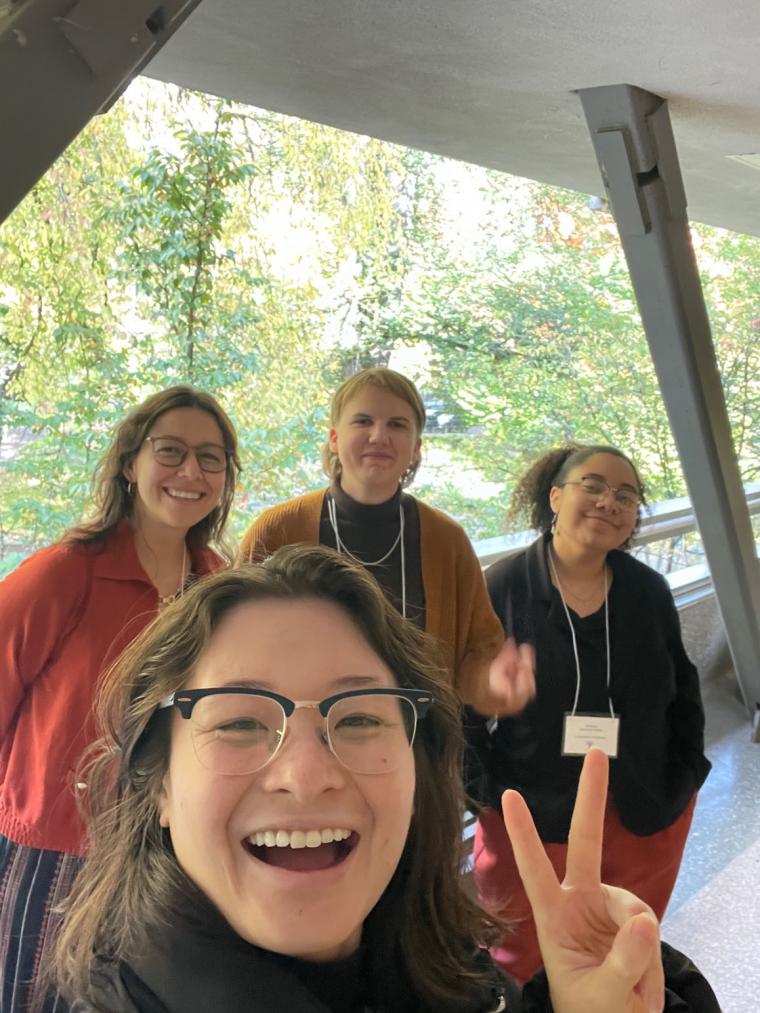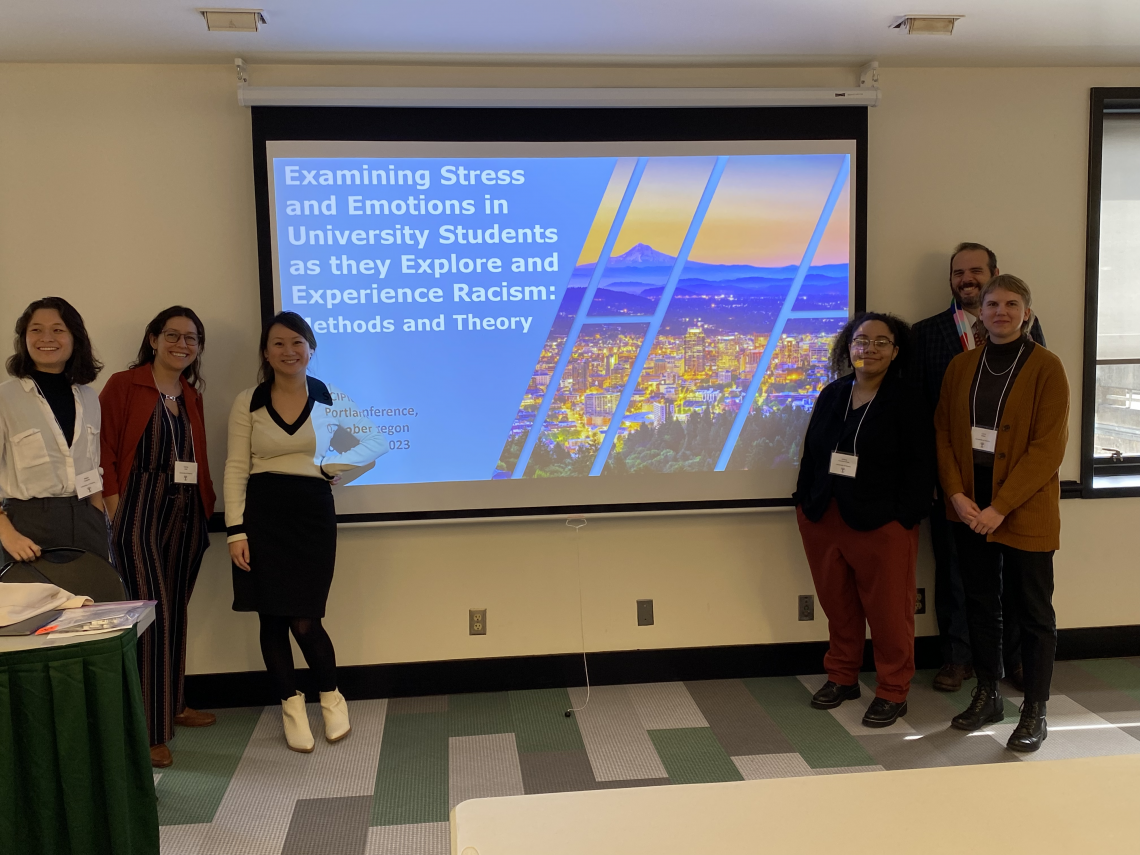The BioS.P.H.E.R.Es Lab
Our research lab examines emotion regulation, social, and motivational factors that predict student well-being, including their quality of life, acculturative stress, and physiological stress (via survey questionnaires and salivary biomarkers). Currently, we are interested in developing interventional programs to sustain pipelines toward higher ed completion, particularly for students from diverse backgrounds. In previous iterations of the lab, we have collected pilot data, and we have launched our first study housed at UA in Spring 2022!
|
Katherine C Cheng, PhD, Assistant Professor, Department of Educational Psychology Dr. Katherine C. Cheng (also known as Kat) graduated with her PhD in Family and Human Development from Arizona State University, with a specialization in Measurement and Statistical Analysis, and also holds a Master’s degree in Psychology from New York University with Developmental and Social Psychology concentrations. Kat completed her two-year postdoc fellowship at the University of Nebraska-Lincoln, in the Center for Research on Children, Youth, Families and Schools. Before joining the UA, Kat spent one year as an Assistant Professor in Human Development at California State University San Marcos. Her research and teaching interests involve children, youth, and young adult well-being, particularly relating their emotional and motivational development, and stress regulation (manifested in self-reported surveys and biomarkers such as salivary cortisol) in high-risk family and school contexts. Kat often uses advanced quantitative methods (e.g., structural equation modeling) in her research investigations. She is also a yogi and dog lover and enjoys hiking/swimming and playing with her toddler in her leisure time. |
|
|
Laura Bates Laura is currently an M.A. student in Educational Psychology at the University of Arizona. She is interested in exploring the impact of anxiety on learning, especially its relationship to confidence and its effect on educational outcomes. In becoming part of the BioSPHEREs lab, she is extremely excited for the opportunity to utilize biological markers in the process of gaining insight into the field of educational psychology. Laura received a B.S. in Neuroscience from Temple University with a focus in systems, behavior, and plasticity. Her hobbies include punk music, documentaries, and learning about animals. |
|
|
Yamini Sumalatha Bhukya Hi, my name is Yamini Sumalatha Bhukya, and I am a PhD student in the Educational Psychology Department, as well as a TA for EDP 200. I hold an undergraduate degree in Psychology with a minor in Sociology, and a master’s degree in Health Psychology from India. My research experience includes working on burnout, job satisfaction, psychological well-being, working health care professionals, parenting styles, and traditional medicine. I have also had the opportunity to work as a junior Hospice psychologist in India. Currently, my research interests focus on language and motor development, and a deep passion for exploring tribal education, policy, and literacy. I am thrilled to join the BioSPHEREs Lab and utilize biomarkers to gain deeper insights into educational psychology. Outside of academics, I am a devoted dog lover and enjoy swimming. |
|
|
Thrinath Nayak Dharavath Thrinath Nayak Dharavath is a first-year PhD student in the Educational Psychology program at the University of Arizona. His research interests revolve around working with underserved communities and populations, exploring the cognitive-affective processes of students, pursuing multidisciplinary research, and ultimately contributing to the field of education. He is particularly drawn to the various branches of human physiology and is interested in studying how biological factors, such as physiological and neurological influences, affect human psychological phenomena. He holds a Master of Science degree in Health Psychology from the School of Medical Sciences, University of Hyderabad, and a Master of Science degree in Organizational Psychology from Strathclyde Business School. Thrinath has also interned in a palliative care setting, where he explored the psychological aspects of terminally ill patients. He enjoys teaching and aspires to become a Teaching-Intensive Faculty member. He is excited to be part of the BioSPHEREs Lab and looks forward to exploring an interdisciplinary approach to educational psychology research. In his free time, Thrinath enjoys music and dance. |
|
|
Nathan Gallegos Hi, my name is Nathan Gallegos. I am a first-year graduate in the educational psychology program at the University of Arizona. I transferred from the Psychology department where I would have been a 5th-year graduate student. My research experience has included a wide range of topics including preclinical Alzheimer's disease, time perception, down-syndrome in children, eye-witness testimony, and culture. I am currently interested in understanding how Hispanic culture can influence various aspects of one's life, with a particular interest in college students. I'm currently working on understanding how cultural differences may be contributing to time perception and how those effects may be related to academic performance in Hispanic students. I am also interested in the Hispanic Health Disparities Paradox which is a phenomenon where Hispanic individuals have many more adverse health risk factors but they have better health outcomes compared to other racial and ethnic groups such as Whites. |
|
|
Megan Hokama, MA (third-year doctoral student) Megan Hokama is currently a Ph.D. student in Educational Psychology at the University of Arizona, and is a TA for ACBS160. Her research interests stem in expanding future research sample populations in the improvement of representation in an increasingly diverse society and to determine cognitive and motivational patterns in adolescent populations relating to intercultural and collaboration influences. She is excited to be a part of BioSPHEREs lab and explore an interdisciplinary approach to educational psychology research. Megan also received a B.A. in Psychology and minor in Art History at Loyola Marymount University and her M.A. in Psychology at Pepperdine University. Originally from Torrance, California, Megan enjoys ceramic wheel throwing during her downtime. |
|
|
Katrina Jean, MA (third-year doctoral student) Katrina Jean is currently a Ph.D. student in the Educational Psychology program at the University of Arizona. Her research focuses on school-based mental health care and promoting equitable access to care. She is also interested in improving policy for students in K-12 education, with a particular focus on students with mental health needs and neurodevelopmental disabilities. Katrina is seeking connections between the research done in the BioSPHEREs lab and ways that measures of stress can support mental wellness research in education. She received her BFA in Art Education from Arizona State University and her MA in Art Education from California State University, Long Beach. After teaching for 10 years in K-12 education, she decided to pursue her Ph.D. to research improvements that can aid in creating a better education system. |
|
|
Adriana Kendrick-Perez Adriana is currently a postbaccalaureate;student in Psychology at the University of Arizona. Their research interests include: emotional regulation, motivation, identity development, discrimination, personality & health and neurodiversity. They are excited to be a member of the BioSPHEREs lab and have the opportunity to explore a new area of psychology. In their free time, they enjoy gaming and writing poetry. |
|
Margaret Medina, Ph.D.
Bryanna Smith, BA
Cheng, K. C., & Smith, B. D. (2021, April). Future-oriented motivation and emotion regulation jointly predicting end-of-semester acculturative stress in students with cumulative disadvantage. Poster presented at the American Education Research Association 2021 Virtual Annual Meeting (Division C). aera21-aera.ipostersessions.com/Default.aspx?s=6B-4F-44-FC-8C-5F-4B-5A-67-CC-61-6D-3F-0B-0D-8D
|
Poster QRcode
|
Fengler, K., Cheng, K. C., Scherr, J. (2022, August). The associations between cognitive reappraisal and perceived quality of life. Accepted for Division 15 presentation at the 2022 Annual American Psychological Association Meeting, Minneapolis, MN.
See our poster presented at APA 2022 meeting below:
Graham, M. C., Cheng, K. C., Husman, J., Hokama, M., Jean, K., Kendrick-Perez, A. E., Bates, L. Examining stress and emotions in university students as they explore or experience racism: Methods and theory. Presented as an interactive paper session at the 2023 biennial Southwest Consortium for Innovative Psychology in Education, Portland, OR.
Graham, M. C., Cheng, K. C., *Kendrick-Perez, A. K. P., *Bates, L., Husman, J., *Jacobson, K., *White, D., *Sullivan, B., & *Smith, M. (2024, August). Examining pre-service teachers’ physiological response to implicit bias tests. Poster presented at the 2024 Annual American Psychological Association Meeting (Division 15 Ed Psych), Seattle, WA.
Poster presented at APA 2024 meeting:



